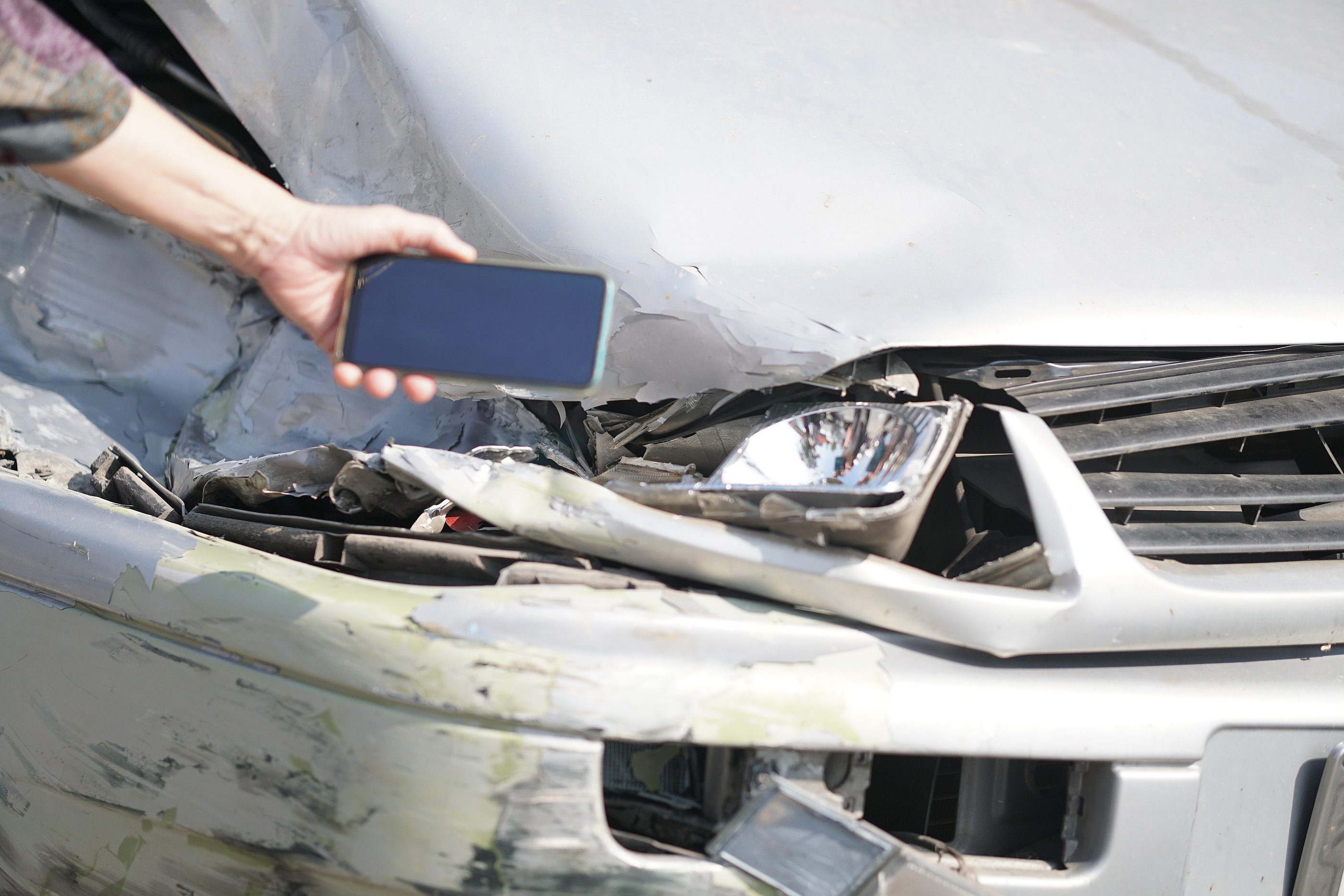What Will Happen If I Am Partially At Fault for a Car Accident?


If you are involved in a motor vehicle crash in Virginia, you may be thinking about options for seeking financial compensation. However, you might have concerns about whether you were partially at fault for the collision, or partially at fault for the severity of your injuries. For example, if you were speeding when an intoxicated driver ran a red light and crashed into your car, that at-fault driver might say that you are partially at fault because you were speeding. Or, for instance, if you were struck by an intoxicated driver and you were not wearing a seat belt as required by Virginia law, that at-fault driver might argue that your injuries are more severe than they would have been if you had worn your seatbelt.
Under Virginia law, if you are indeed partially at fault for a car accident or collision injuries and the other driver can prove it, you could be barred from recovery. However, you have options to move forward with your claim even if you are concerned that you could be partially at fault. We want to provide you with more information about car accident cases in Virginia where the injury victim could be to blame to some extent.
Virginia Follows a Pure Contributory Negligence Rule
Different states have different laws concerning comparative fault or contributory negligence. Virginia follows what is known as a “pure contributory negligence” rule, which means an injured plaintiff will be barred from all recovery if that plaintiff is even a little bit at fault. In pure contributory fault states, the moment a defendant can prove that the plaintiff is even one percent at fault, that plaintiff cannot recover any damages at all.
It is important to understand that Virginia is in a minority of states in following a pure contributory negligence rule. Most states use a modified contributory negligence or comparative fault model, or a pure comparative fault model. In any of these situations, the plaintiff can still recover damages even if that plaintiff is found to be partially—but minimally—at fault for a car crash. In modified contributory negligence or comparative fault states, plaintiffs are barred from recovery only if they are 50 percent or 51 percent at fault (or more) for an accident. In some states, plaintiffs can still recover even if they are 99 percent at fault. In all of these states, the plaintiff’s damages award will be diminished by that plaintiff’s percentage of fault. Yet these formulas do not apply in Virginia.
You Should Never Raise the Issue of Your Own Fault
The matter of contributory negligence—or your own partial fault for a car accident—will only prevent you from obtaining compensation if the defendant raises the issue. Contributory negligence is a defense strategy for the at-fault party to avoid being responsible for damages. Accordingly, you should never raise the possibility that you were partially at fault for an accident—at the scene of the wreck, when you are speaking with the insurance company to report your accident, or under any other circumstances.
Your Richmond Car Accident Lawyer Can Work to Disprove Contributory Negligence
Just because the other party raises the issue of contributory negligence, you should never assume that you will automatically be barred from recovery. The defendant will need to prove that you are partially at fault for you to be barred from receiving any damages, and your Richmond car accident lawyer can collect evidence that disproves the defendant’s allegations of contributory negligence.
To be clear, even if the defendant attempts to use a contributory negligence defense, you can take steps with help from your lawyer to show that you are not responsible for the collision and that you are entitled to damages.
Contact a Virginia Car Accident Attorney
If you have questions or concerns about fault in your traffic crash, one of our Richmond car accident lawyers can help you. Contact The Johnson Injury Firm today for more information.







